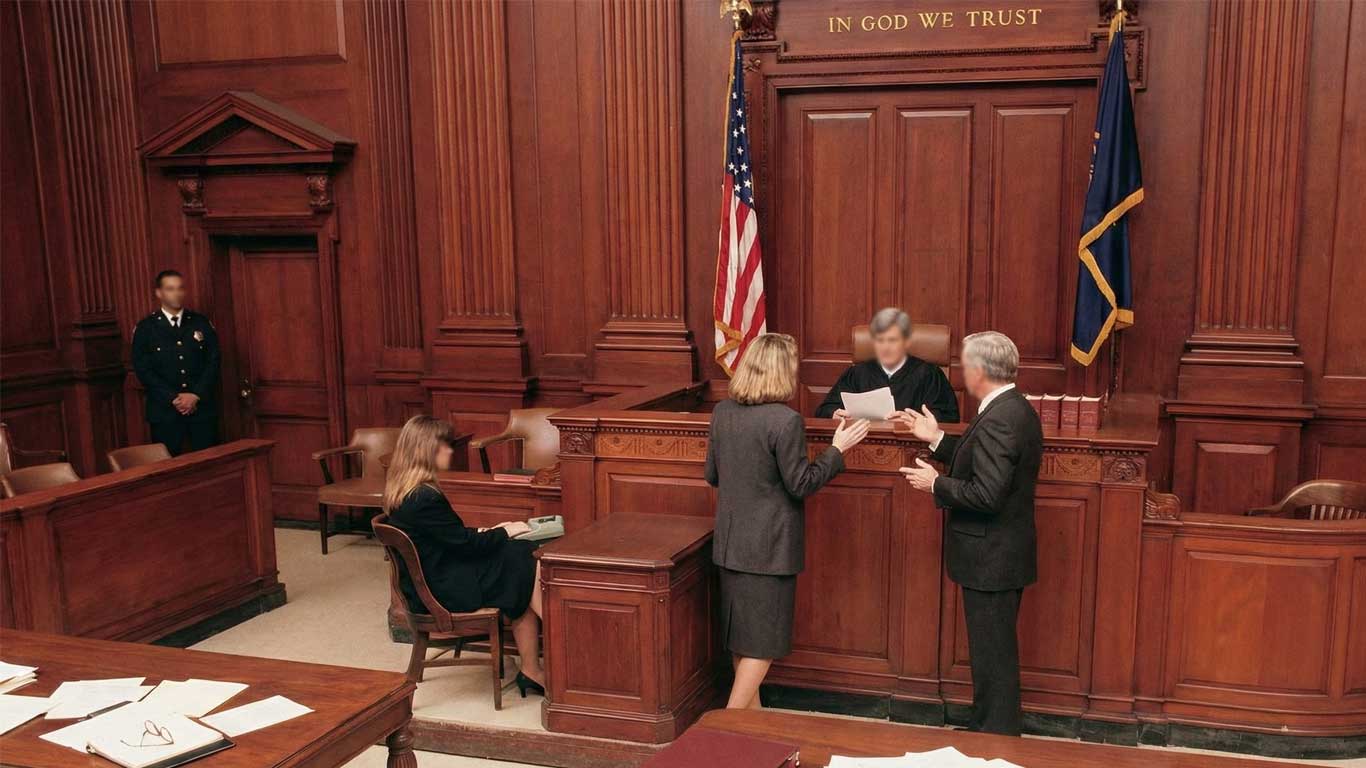
A recent ruling by the Court of Appeals of Indiana clarifies how insurance and subrogation waivers work in construction projects, particularly when fire damage occurs. The case, *Bryan Builders, LLC, and Amazon.com Services, LLC v. The Cincinnati Casualty Company, et al.*, revolves around a fire at a construction site and who bears the financial responsibility for the resulting damage.
The Core of the Dispute
The heart of the matter lies in a master agreement between Amazon and Bryan Builders, LLC, which incorporated standard American Institute of Architects (AIA) contracts. These contracts are common in the construction industry and outline the responsibilities of different parties. Crucially, the agreement included insurance requirements and a subrogation waiver. A subrogation waiver essentially means that if an insurance company pays out for damages, it can’t then sue another party to recover those costs.
In this case, a fire broke out during construction at a warehouse where Bryan Builders was adding a dehumidification unit. Bryan Builders paid about $1 million to clean up and repair the damage. Amazon had an “all-risk” insurance policy, but the damage was less than the policy’s deductible, so the insurer didn’t pay. Bryan Builders then sought reimbursement from the subcontractors involved, but the subcontractors and their insurers denied liability, leading to the lawsuit.
The Court’s Decision: Applying the Master Agreement
The Court of Appeals ultimately sided with the subcontractors and their insurers, affirming the trial court’s decision. The court’s reasoning hinged on the interpretation of the master agreement and the subrogation waiver.
Key Points of the Ruling:
* Standing: The court first addressed whether Bryan Builders had the right to sue. The court found that Bryan Builders did have standing because they paid for the repairs and had a financial stake in the outcome.
* Risk Allocation: The court emphasized that the master agreement was designed to allocate the risk of construction losses to insurance. The agreement required Amazon to carry all-risk property insurance. This type of insurance covers a wide range of potential damages, including fire.
* Subrogation Waiver: The master agreement included a subrogation waiver, meaning Amazon and Bryan Builders agreed not to sue each other, their subcontractors, or sub-subcontractors for damages covered by the property insurance. The court found the fire damage fell within the scope of Amazon’s all-risk policy. The court explicitly stated that the fact that Amazon’s insurance didn’t pay *because* the damage was less than the deductible did *not* change the fact that the damage was covered by the policy. Therefore, the subrogation waiver applied, and Bryan Builders couldn’t seek reimbursement from the subcontractors.
* Subcontract’s Role: Bryan Builders argued that provisions in the subcontract with Steel Services, the subcontractor, made Steel Services responsible for the damage. However, the court found the subcontract didn’t override Amazon’s obligations under the master agreement. Since Amazon wasn’t a party to the subcontract, it couldn’t change Amazon’s obligations in the master agreement. Additionally, the court noted that the subcontract had a provision that stated the subcontract’s terms would govern over the master agreement’s terms, but an addendum removed that provision.
* No Conflict: The court also addressed the argument that the subrogation waivers in the subcontract and sub-subcontract conflicted with the master agreement. The court found no conflict; the subcontract and sub-subcontract simply extended the same limitations on recovery to the subcontractors and sub-subcontractors as the master agreement did to Amazon and Bryan Builders.
* Insurance Policies: The court determined that the Cincinnati Casualty and Atlantic policies, the insurance policies held by Steel Services and Fair Family, did not apply because there was no liability by Steel Services or Fair Family.
Implications of the Ruling
This case underscores the importance of clearly defined insurance and subrogation clauses in construction contracts. By incorporating AIA standard contracts and using a subrogation waiver, Amazon and Bryan Builders sought to streamline the handling of potential losses by allocating the risk to an insurer. The court upheld this arrangement, emphasizing that the intent was to avoid litigation and ensure that work could continue even after an accident.
This decision serves as a reminder to construction companies, owners, and subcontractors to carefully review their contracts and understand the implications of insurance requirements and subrogation waivers. It highlights how these clauses can significantly impact liability and financial responsibility in the event of property damage during a construction project.
